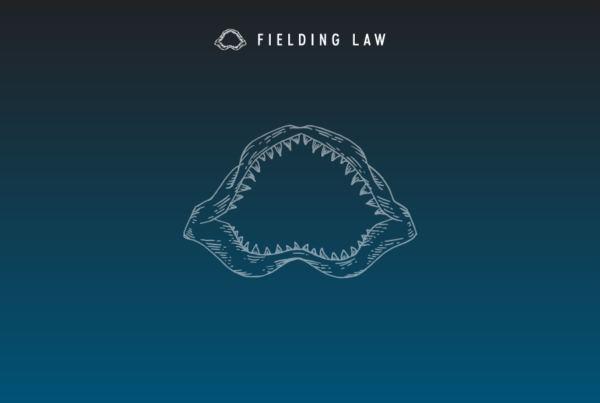Stay Safe This Halloween
Halloween is a time for fun and festivities, with children and adults alike dressing up in costumes, attending parties, and trick-or-treating. However, the excitement of the holiday can sometimes lead to unexpected injuries. Ensuring safety should be a top priority for everyone participating in Halloween activities. We will discuss important Halloween safety tips to help you and your loved ones avoid common injuries during Halloween. Following these guidelines lets you enjoy a fun and safe Halloween night. And remember, if you do experience an injury due to negligence, Fielding Law is here to assist you.
Costume Safety
- Avoid Long Costumes: Long costumes can cause tripping. Ensure costumes are the right length.
- Use Flame-Resistant Materials: Check that costumes are made of flame-resistant materials.
- Visibility: Add reflective tape to costumes for better visibility in the dark.
Trick-or-Treating Safety
- Adult Supervision: Ensure children are accompanied by an adult.
- Stay on Sidewalks: Avoid walking on streets. Use sidewalks and crosswalks.
- Inspect Treats: Check all treats for tampering before consumption.
Home Safety
- Clear Walkways: Remove obstacles from walkways to prevent tripping.
- Light Up Your Home: Ensure your home is well-lit to prevent accidents.
- Pet Safety: Keep pets away from trick-or-treaters to avoid any mishaps.
Why Hire Fielding Law
Halloween should be a time of joy and celebration, not worry and injury. By following Halloween safety tips, you can protect yourself and your loved ones. However, despite taking precautions, accidents can still happen. If you or a loved one suffers an injury, Fielding Law is here to help. Our experienced attorneys will:
- Investigate Thoroughly: We gather all necessary evidence to support your claim.
- Handle All Communications: We manage negotiations with insurance companies.
- Maximize Your Compensation: We fight to ensure you receive full compensation for your injuries.
Contact us at 833.88.SHARK for a free consultation. Let us handle the legal complexities while you focus on recovery.
Note: Information provided is for educational purposes and does not constitute legal advice. Always consult with a qualified attorney for legal concerns.





